Description
Blackberry Leaves Dried Healing Herb. The leaf, root, and fruit (berry) are used to make medicine. Blackberry is used for treating
- diarrhea
- fluid retention
- diabetes
- gout
- and pain and swelling (inflammation)
- and for preventing cancer
- and heart disease.
It is also used as a mouth rinse for mild mouth and throat irritation.
Blackberry contains chemicals that might have antioxidant effects. It also contains chemicals that might protect against cancer.
Raspberry leaves are one of the darlings of herbal remedies. Yet, you rarely hear about the benefits of blackberry leaves. Just like its cousin, the raspberry, blackberry leaves are full of flavonoids, vitamins, and antioxidants. In addition, it aids in the relief of skin rashes, diarrhea, sore throats and more. Blackberry leaves should claim a spot in your herbal medicine cabinet right along side of all your other herbal teas.
Folk medicine used various parts of the plants to cure a variety of aliments such as dysentery, diarrhea, whooping cough, colitis, labor pains, and toothaches. The use of the blackberry plant in folk medicine is not surprising since blackberries are noted for high nutritional content of dietary fiber, vitamin C, vitamin K, and manganese. The roots contain saponins and tannins whereas the leaves contain tannins, flavonoids and fruit acids. Flavonoids are powerful antioxidants. They have anti-inflammatory and immune system benefits. The best-known flavonoids are quercetin and kaempferol which blackberry leaves contain. Due to their anti-inflammatory and immune boosting benefits, blackberry leaves are used to aid in healing sore throats, mouth sores, anti-aging, diarrhea, wounds and hemorrhoids.
The Natural Healing Guide suggested this recipe for colds and the flu:
- 1 oz. blackberry leaves
- 1 oz. of elder flowers</li
- 1 oz. of linden flowers
- 1 oz. of peppermint leaves
1. For a tincture, it is suggested 1 teaspoon twice a day.
Castleman suggests if you have a history of stomach or colon cancer, you should avoid using blackberry leaves. In addition, the ingestion of too many tannins can cause stomach upset. He also recommends adding milk to your tea which neutralizes the tannins. Pregnant, nursing women and children under 2 should not use blackberry leaves. With all herbal remedies and teas, thoroughly research your herb, check with your medical doctor or holistic practitioner before use–especially when administrating an herbal remedy to children.
Traditionally blackberry leaf tea is used for a sore throat, sore gums or mouth ulcers.
TO MAKE BLACKBERRY LEAF TEA:
Bring the water to the boil, then pour some into your teacup or teapot to warm it up. Discard the water.
For a cup of tea, put 1 heaped teaspoon of blackberry leaf into a teabag or infuser. Pour boiled water (between 80 to 85 degrees C) over the tea. Allow to steep for 5 minutes or so in a covered cup. Remove tea-bag or pour from teapot. Add honey as sweetener if liked. Try a mild brew first time round as it is quite astringent. Therapeutic doses require 3 cups per day. There are some lovely tea blends with blackberry leaf including peppermint, rosehip, chamomile, dandelion, linden and nettle. And why not throw in a few dried calendula (marigold) petals for extra healing properties. Or lemon balm, rose petals and lavender for a change. Make your own sleeping blend – valerian root, linden flowers and chamomile.
Keep your dried herb in a clean, dry screw-top jar and place in a dark cupboard. Free shipping. Discount refunded on 5+ assorted purchases.



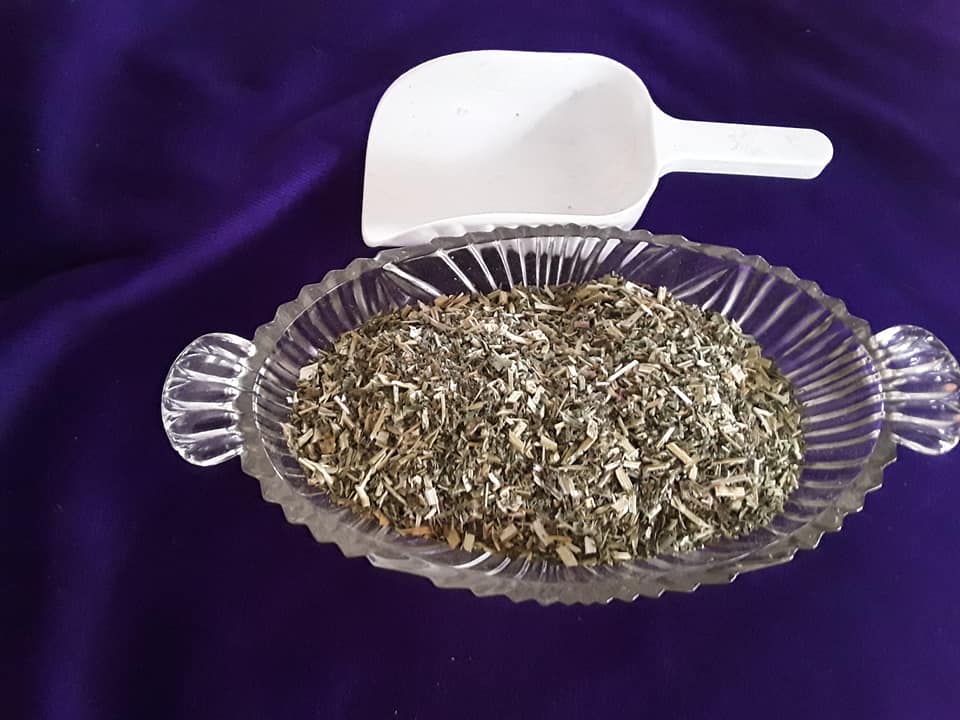
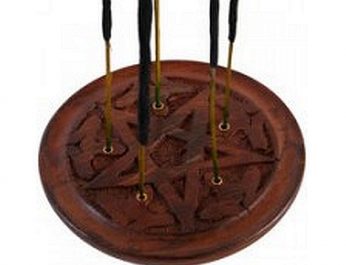
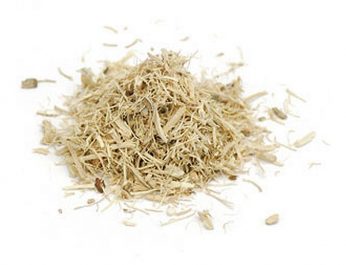
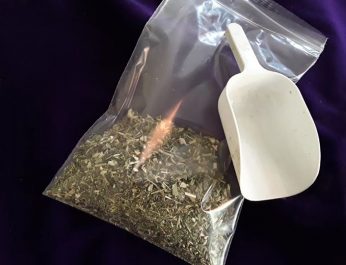

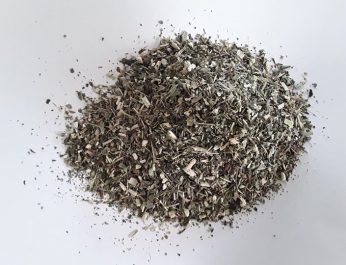
Reviews
There are no reviews yet.